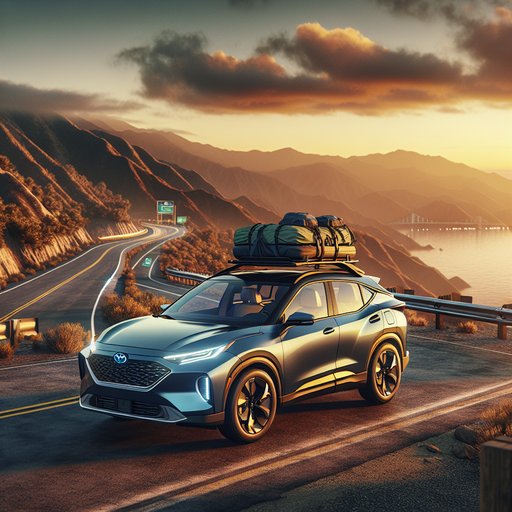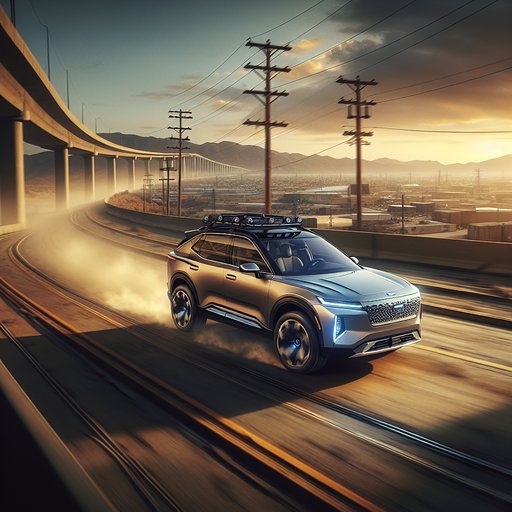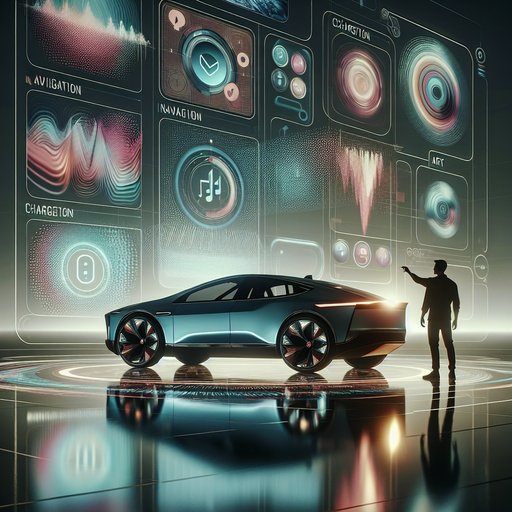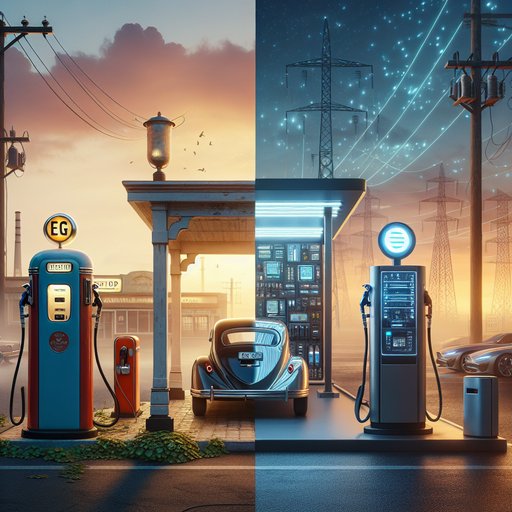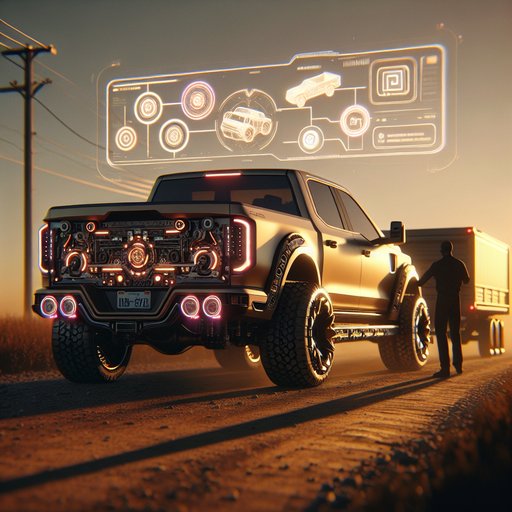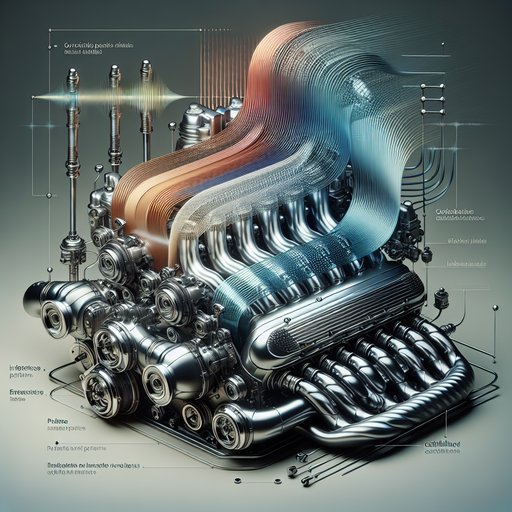
Major shifts are occurring in automotive manufacturing as Volvo Cars announces significant expansion plans in the United States, while Jaguar Land Rover (JLR) grapples with extended production shutdowns due to a devastating cyberattack. These contrasting developments highlight the dynamic nature of global auto manufacturing and its vulnerabilities in the digital age.
Volvo Cars is strengthening its manufacturing presence in the United States with ambitious plans for its South Carolina facility. The automaker will add production of a new hybrid model at its Ridgeville factory, and the plant will also begin manufacturing the popular XC60 compact SUV [1].
In stark contrast, Jaguar Land Rover is facing significant challenges as the company has been forced to extend its production shutdown due to a severe cyberattack. The situation has become serious enough to warrant the attention of Members of Parliament, who are now assessing the impact of the disruption [2].
The ripple effects of JLR's production stoppage are being felt throughout its supply chain. The cyberattack, which initially hit the automaker last month, has now begun to impact suppliers, forcing them to implement layoffs due to the extended manufacturing interruption [3].
The contrasting fortunes of these two manufacturers reflect the broader transitions and challenges facing the automotive industry. While Volvo's expansion represents the industry's push toward electrification and hybrid technology, JLR's situation highlights the increasing vulnerability of modern manufacturing to cybersecurity threats.

